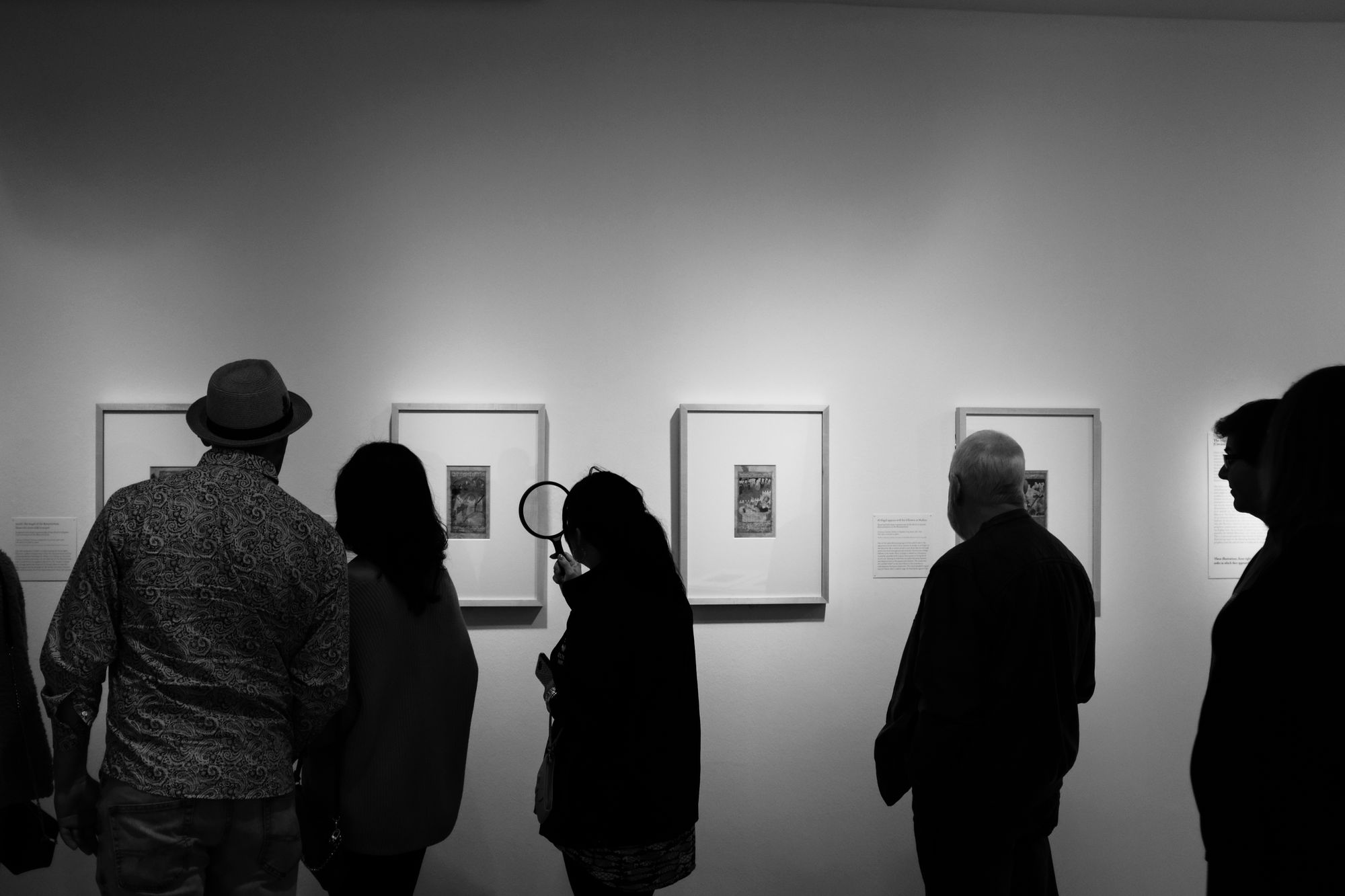
If we look back over the last 30 years, a minimally nuanced examination of this world will emphasize that technology has been the great leveler of our time. While it cannot ever bridge the great economic divide that taints current societal existence, it has attempted to counter the privilege of wealth by the democratization of access. That this is most noble, I have no doubt.
Access, however, must be preceded by availability. Again, a quality that is empirically and proportionally driven by technology. In fact, it may be said that this, historically, has been the primary responsibility of any invention. Well, broadly. To have more was the singular motivation for mankind to begin disengaging itself from the function of nature. The perceived problem of constriction in availability, imposed by the reliance on natural resources only, is a barrier that the human intellect has needed to overcome for centuries. And this has had a clear implication on our pattern of material consumption. The coupling of exponential production capacity with the lower cost of production - both, a result of technology - drives down cost. Although this helps people in accessing their items of need or want more easily, it also decreases and consequently trivializes (over time) the perceived value of such a good or service. Along with advertising, this further precipitates obsolescence. This dichotomy of optimization and rapid antiquation also results in a decline in the absolute measure of quality. Conceptually, the world's present pattern of waste can be predicated on this almost insatiable need of the incremental.
Traditional craft has haemorrhaged severely while combating the shifting dynamics of trade. Not many in the younger demographic aspire to farming or carpentry or tailoring. I definitely didn't, growing up. Curious observation may reveal, that, perhaps, society has unconsciously relegated to the very bottom, vocations having a high skill barrier for entry. Additionally these may demand a certain physical discipline. And time. To us, of course, latent monetization is unsatisfactory. Sustainability, now, is an expensive option for the privileged conscious - the approximate intellectual analogue of luxury for the upper middle class.
This is all capital. But appropriate contextualisation of consumption, vis-à-vis the modern democratic, demands a serious examination of the World Wide Web. For the principal commodity today is "content". Any digital stimuli administrated by the system of semantic and syntactic protocols of the Web. A proverbial generic. Information, education and entertainment democratised on a single platform committed to interoperability, accessibility and usability. For me, personally, life is better because of it. Excluding governance around its technology standards, the Web is largely unregulated. Also, the infrastructure is agnostic about the nature and intention of content placed in it. Access to content is non discriminate. And curation must occur at the point of consumption only.
A systemic revenue model is manifest, predicated on targeted advertisement, merchandising and sponsorship. And this is where the problems begin. The more content you have out there, the more chances of getting eyes on it. Competing for traffic (hits / clicks) often leads to a focus on the frequency of dissemination while compromising quality. Simplification of the content creation process has allowed a rapid growth in the volume of content available today. As a result, it is less intentioned. The facility to self-publish de-incentivises review and revision. Accuracy is suspect. Content is based on trend, making it less relevant. And unoriginal.
And then, there's social media. For many, they constitute the single point of access to content. Networks, that, over time, have trivialized accountability. This poses the danger of creating silos that turn into echo chambers of misinformation, misrepresentation, hate, violence, manipulation and political propaganda. Again, the responsibility to regulate lies with the individual. Theoretically egalitarian, one can, however, observe an implicit stratification by aggregates of "Likes", "Friends", "Followers" and "Retweets". Your content, then, is algorithmically, only as good as your computed rank on the platform. And thus, we have a digital pecking order. Content (and opinion) is homogenised in our indulgence of the banal. A deviation from our original intent - this system, now, by the very nature of its established rules, has the ability to reinforce negative social behavioral patterns, however undesirable. Low self esteem, is one such.
The above parallels between the habitudes of our material and digital consumption should indicate that we clearly have a problem of culture. A collective indifferent mediocrity is the great affliction of our time. We mistake quantity for vibrancy. To our traditions, we are unkind.
Selection is key. And it is the responsibility of our society.
As Charlie Citrine says in Saul Bellow's incredible 1975 novel Humboldt's Gift -
Everything possible must be done to restore the credit and authority of art, the seriousness of thought, the integrity of culture, the dignity of style.
As a species, the idiosyncrasies of our leisure will condition the evolution of our intellect. And the nature of human consumption will shape the future of this planet.